When I was invited to speak about writing at Traverse 2018 in Rotterdam, I experienced a moment of sheer panic. Sure, I’m a published author, but I feel woefully ill-equipped to teach a room full of writers how to write.
And then it hit me.
Before I had a book deal, and felt like I’d been given permission to call myself a writer, I’d never have dared. Did I write words for a living? Yes. Was I a writer? Of course not (I’d argue). I was a blogger.
And therein lies the problem. As bloggers, most of us began because of our love of words.
Most of us started with the writing, and learned the rest as we went along. The words led, and the photos and videos and social media and SEO and plugins and marketing and affiliate links followed.

But somehow, perhaps because of all of the other things we as bloggers have to think about on a daily basis, writing so often takes a back seat. We call ourselves bloggers, but we forget about the thing that sparked all of this in the first place: words.
Thankfully, my panic subsided. At my Traverse talk, I wasn’t going to try to teach a group of writers how to write. I was going to try to rekindle their first love, and put the spark back in their relationship with words.
My slide show for the talk was embarrassingly basic, so instead of sharing it I thought I’d practice what I preach (or teach) and write it out. I hope it helps you to rediscover your love of writing like it did for Man vs. Globe, Wander with Laura and Lucy Lucraft!
Words Matter: How to be a Better Writer
Why do words matter?
Sure, a picture can tell a thousand words, but does a picture keep you gripped for hours, or days, at a time? Does a picture take you on a journey? Words are powerful. Words can – and have – changed the world. And, importantly, the words on your blog live a hell of a lot longer online than that photo you just posted to Instagram.
I’m not suggesting that images or videos aren’t powerful, or that social media isn’t an incredible tool for marketing and engagement.
All I’m saying is that words shouldn’t be underestimated. Words matter, and they deserve our time and attention as much as any other aspect of our jobs.
As bloggers, let’s not be afraid to call ourselves writers. And let’s not be afraid to write. To really write. To let our words tell a story, and draw people in, and paint a scene so vivid it makes our readers feel like they’re right there with us.
So how can I become a better writer?
Read.

Seriously, the most effective way to become a better writer is to read. Read inside your own niche (travel blogs), read outside your niche (lifestyle blogs, food blogs, personality blogs), read travel articles that aren’t blogs – like the travel section in a newspaper, or a travel magazine. Read travel memoirs.
Read fiction. Read those bestsellers that you turn your nose up at because they’re like, basic (let me tell you, even books like 50 Shades of Grey can teach you about storyline and character arcs). Read classic literature. Read books about writing.
Just read. Whatever, whenever, however. I promise you, you’ll learn an enormous amount about writing – and you’ll absorb more than you might expect – from becoming a fervent reader.
Write.
Yep, these really are my tips to become a better writer. Read. And write.
If you were a musician with a regular weekly gig, would you just turn up every Friday night to perform, or would you practice during the week?
It’s obvious, isn’t it? But why, as writers, do we neglect to practice our craft between performances (which, in this analogy, would be publishing a blog post)?
Improving won’t just happen because you want it to. Improving will happen when you put in the time to hone your skills, when you stretch new muscles and build up those you need the most. So grab a notebook. Spend time each day, or a few times a week, just writing. Not for anyone to read it, but for you to practice.
Find 100 ways to describe the ocean, so that when you come to write a new blog post about a Mexican beach, it won’t sound the same as every other beach destination you’ve written about. Try some writing prompts. Write a bit of fiction. Describe scenes or moments by including all of your senses. Use your words. Stretch yourself. Practice.
I promise, it’ll help.
My top writing tips
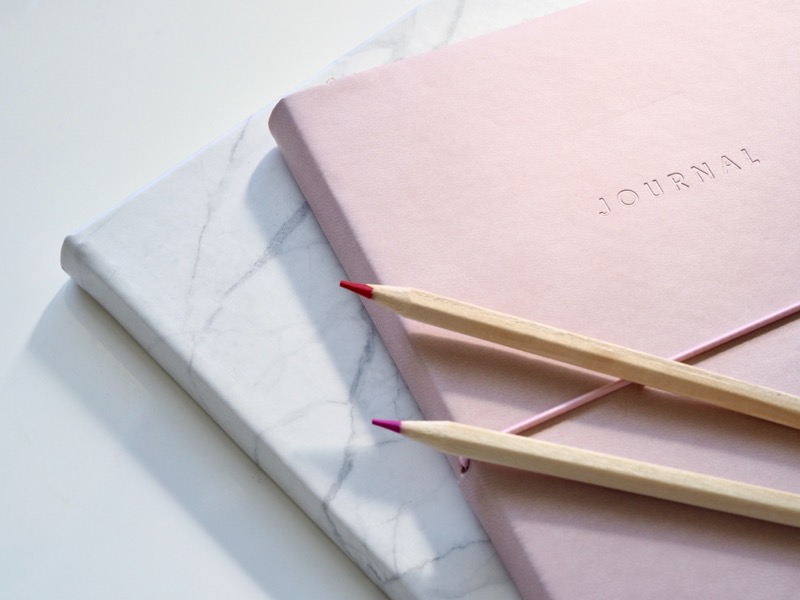
OK, so aside from reading and writing, I do have some slightly more specific tips to help make you a better writer. Many of these tips have been learned through writing novels, because even though a blog post is obviously very different to a book, there are some surprising similarities.
- Think of your introduction like a prologue. Your opening paragraph is where a reader will decide whether to keep reading or not. Don’t make it all dry, boring information. Make your reader keep reading! Like a prologue, pick up in the middle of the action, where tension is highest and you just have to know what happens next, and drop it in at the start. This post by the talented Twins That Travel is a brilliant example of creating a prologue-like introduction. I need to know more about Buddy and Nancy – the information comes later, when I’m already hooked.
- Think of your headings like chapters. Ultimately, you want your readers to keep reading, like when you’re in the middle of a great book and it’s 3am and you promise yourself you’ll read just one more chapter, and then it’s the next morning and you finished it in one sitting. Get people to read one more sentence enough times and they’ve read your whole post. So how do you get someone to keep reading? Break down your text into sub-headings and think of them like chapters, each one moving the story along and delivering a closing sentence that makes you want to read just one more.
- Write how you speak. To a certain extent, anyway. If, like me, you say ‘like’ in every sentence (multiple times…cringe), maybe leave that out. Swearing, too, unless that’s like, your thing. But in general, good writing should sound natural. And that means not trying to get fancy. I recently read a book that used the word ersatz in the opening chapter and I had to put the book down (as in, stop reading entirely) to look it up. That’s precisely what you don’t want. Be natural. Skip whilst and amongst and ersatz, and just say while and among and fake.
- Avoid cliches. Cliches are easy. They’re also boring. When you read ‘there are loads of things to do in London, but this list of 10 is just the tip of the iceberg’, it’s exactly what you expect the sentence to say. You don’t have to concentrate on it, and it doesn’t excite you as a reader. But what about something like this: ‘if I listed everything there is to do in London, the list would be so long that you’d die still reading, without trying any of them – so to save you a devastatingly unadventurous demise, here are just 10 things to try first’? Sure, it’s dramatic, and not my best work…but it probably got your attention more than the first example, right? Sometimes cliches serve a purpose. But before using one, check if there’s another way to say it that could make your reader sit up and pay attention.
- Sift through the facts to find the story. Especially for travel bloggers, it can be tempting to want to write all of the information, or explain every single thing you did on a trip, because everything was amazing. But that’s not a story, it’s an itinerary, and it doesn’t make for compelling reading. Rather than trying to cover everything, try to find a moment – like Dave did in this mesmerising post about Cuba.
- Add value. Some blog posts exist to be informative, like a destination guide. They don’t necessarily have to be beautifully written, as they add a lot of value for someone planning a trip. Some blog posts are inspiring, like a roundup of places to eat in a destination (I’ve planned many a trip based on posts like this, mostly because I’m obsessed with food). But what about a gorgeously written post? What value does that offer a reader? Well, value doesn’t always have to be tangible. Think about why you play Candy Crush, or why you watch Friends. What value is that really adding to your life? It’s simple: entertainment. If you can entertain someone, that offers just as much value as an information-heavy post.
The importance of editing

Unless you’re Lee Child, you can’t get away with not editing. And I don’t mean proofreading. I mean editing: making sure there’s pace, that it flows, that it makes sense and tells a story and flows and keeps your reader gripped until the next sentence. Books, I’ve learned, are truly created in the edits (you can read about my extensive editing process here) – the painful cutting and rearranging and rewriting and restructuring. That’s the part where the magic happens. And the same can be said for blog posts. Here are two ways to make editing easier:
- Read it out loud. It might feel weird, but it’ll give you a great sense of how your writing will sound to a first-time reader. You’ll discover where it sounds unnatural, or where the pace is stilted. Find a quiet place, and just go for it. It’s worth pushing through the awkwardness.
- Step away. Don’t hit publish as soon as you think you’re done. Take a break. Even if that means making a cup of tea or going for a quick walk to clear your head. Because it’s impossible to spot mistakes when you’re too close to your work. I like to take breaks after my first draft and again just before I hit publish. Invariably, I’ll find something that needs to be changed. Of course, there’s always improvement to be made, so there’s a point at which you have to let go and publish, but that’s another story entirely…
And now, having imparted as much wisdom as I possess (i.e. not nearly as much as I’d like), there’s nothing left but for you to go forth and write. And edit. But mostly write. Oh, and read. But really, just go write some words.
Because, after all, you’re not just a blogger. You’re a writer.
Pin this for later:
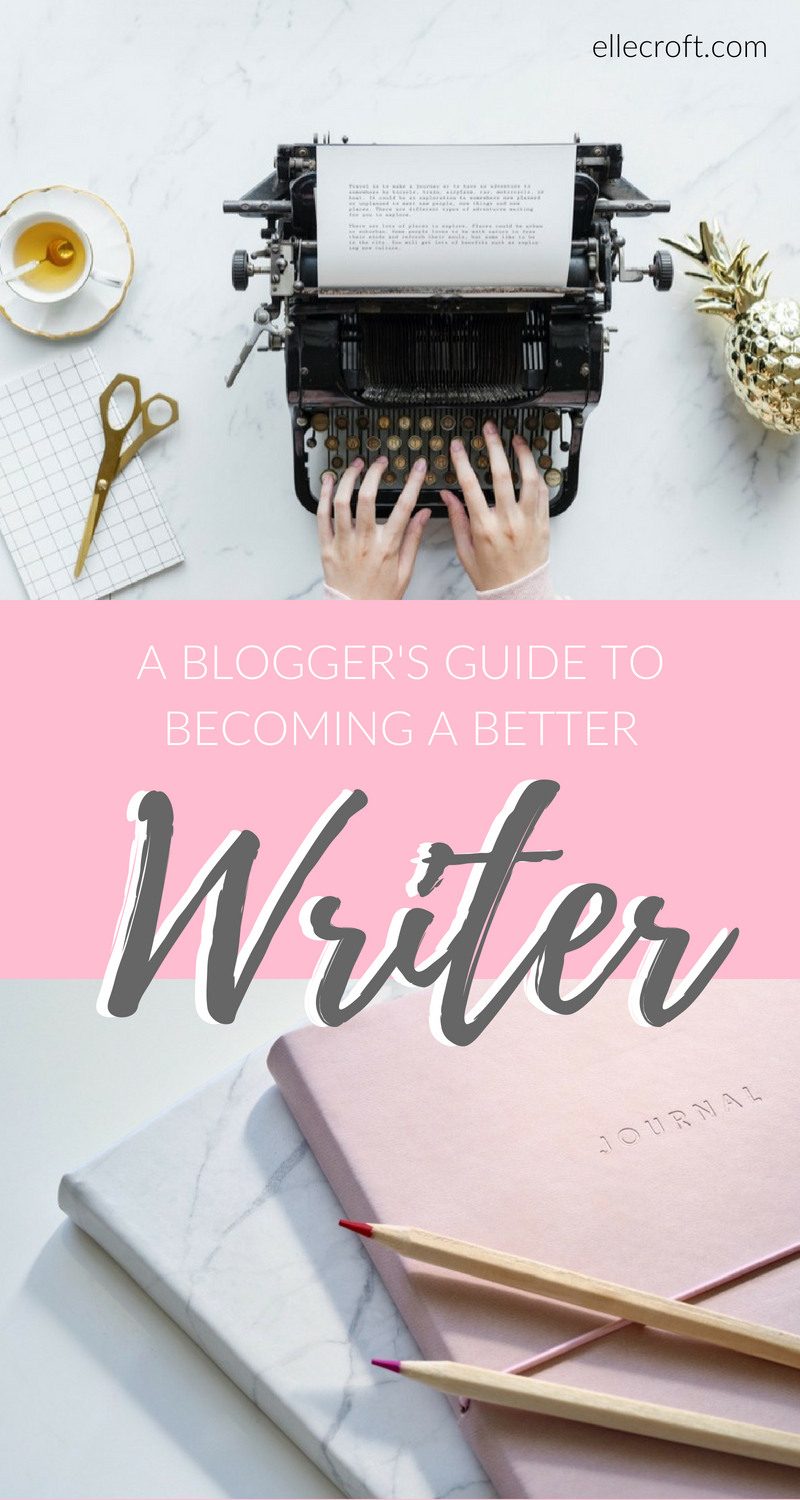

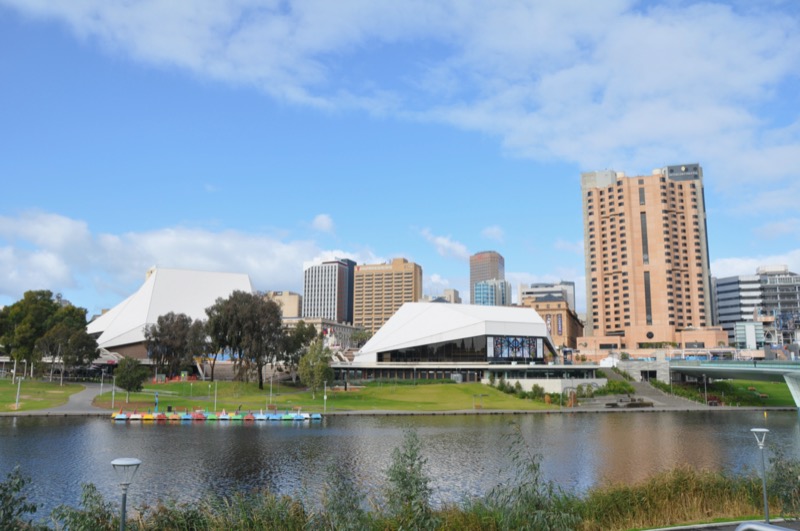
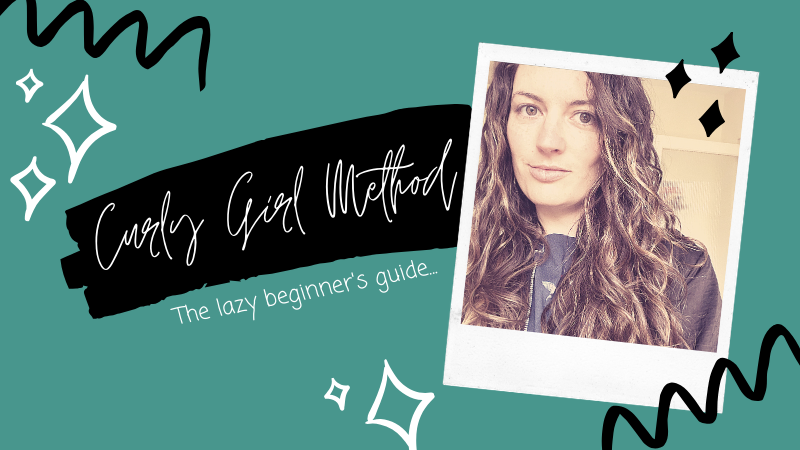
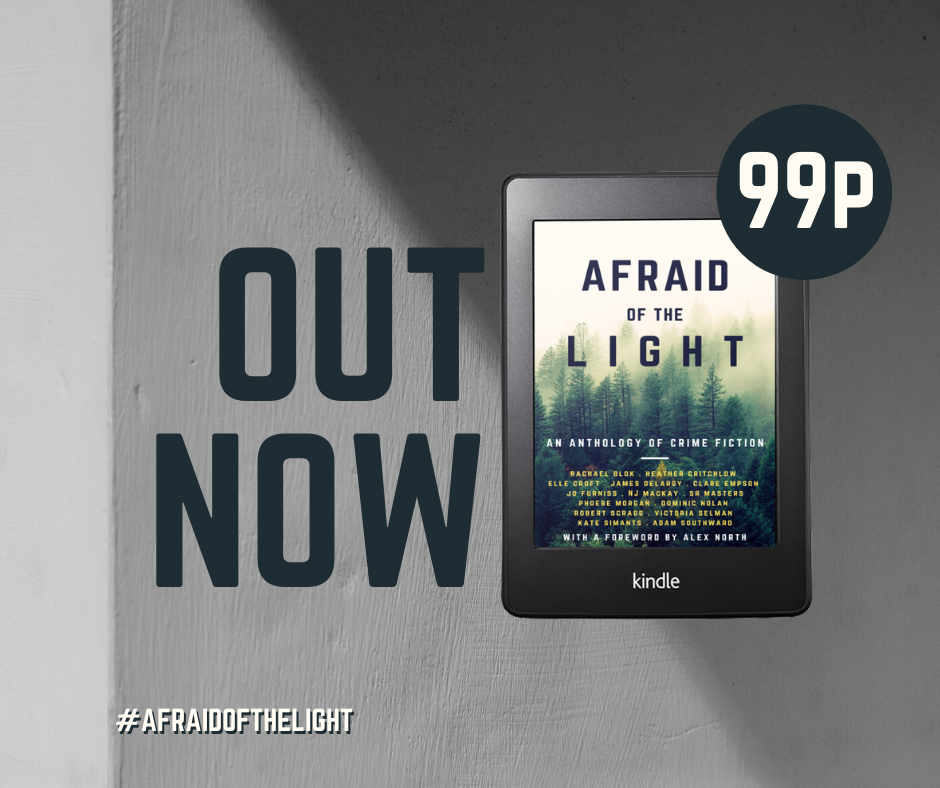

I got into blogging to become an educator, I’ve never proclaimed to be a good writer… I’ve always tried to keep it simplistic because people of all backgrounds read my blog . But maybe that’s the problem, my writing isn’t interesting enough, I don’t keep the reader engaged and I definitely don’t write unless I have to.
Thank you for sharing your insight and wisdom Xxx